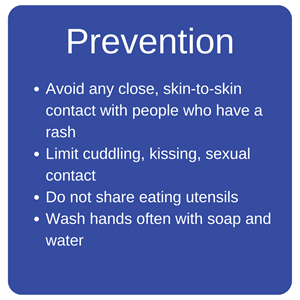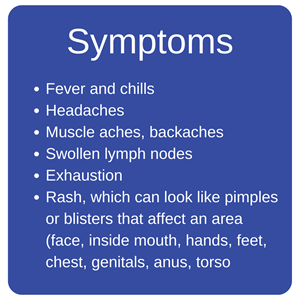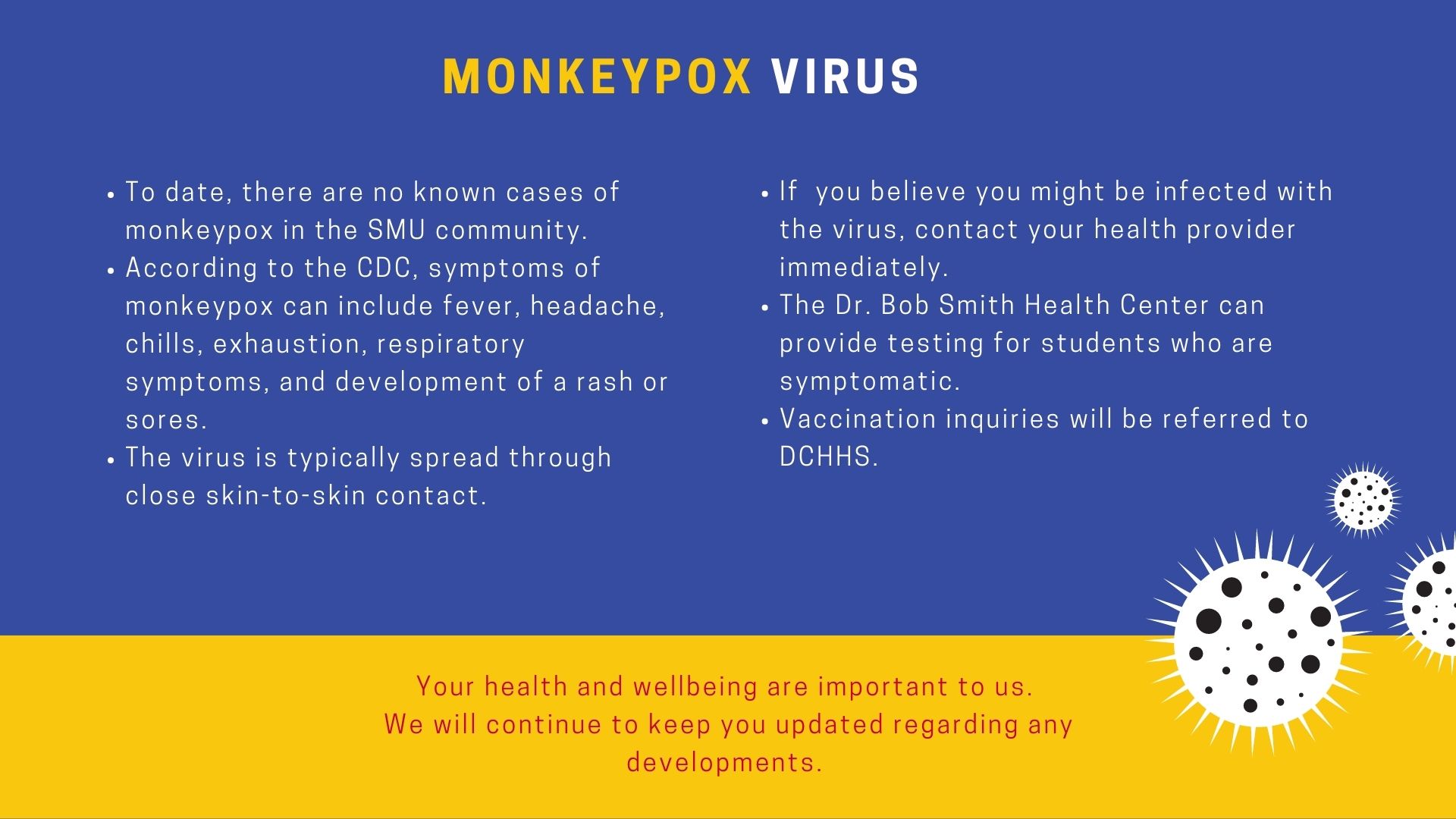When is someone contagious?
Monkeypox is most commonly transmitted through close, personal, often skin-to-skin contact with infected people or animals. It can also be spread through contact with objects, fabrics (clothing, bedding, or towels), and surfaces that have been used by someone with monkeypox. It can also be spread via respiratory secretions or oral fluids from a person with monkeypox during prolonged face-to-face contact or during intimate physical contact; however, it does not linger in the air and is not thought to be transmitted during short periods of shared air space. People who do not have monkeypox symptoms cannot spread the virus to others. Gay men are the early presenters of this disease, but the virus can be transmitted to anyone, regardless of sexual orientation.


What to do if you think you have monkeypox or have been exposed?
Isolate at home and call your primary care physician. If you have an active rash, let them know. The Dr. Bob Smith Health Center can provide testing for students who are symptomatic. If you have any concerns or questions about monkeypox, do not self-schedule (web book) in the SMU Health Portal, please call our mainline 214-768-2141 to get guidance on making an appoint with one of our providers.
Where can I be tested for Monkeypox?
Testing for the monkeypox virus is available to students through the Dr. Bob Smith Health Center. Asymptomatic testing is not available. Testing requires a specimen taken from an existing skin lesion. Results take 3-5 days.
Is there a vaccine for Monkeypox?
Yes, however the Dr. Bob Smith Health Center does NOT have access to the monkeypox vaccine. Please call us so we can evaluate your symptoms/risk/exposure (which may include testing available at the health center and/or vaccination through Dallas County Health).
Vaccination inquires will be referred to Dallas County Health and Human Services (DCHHS).





